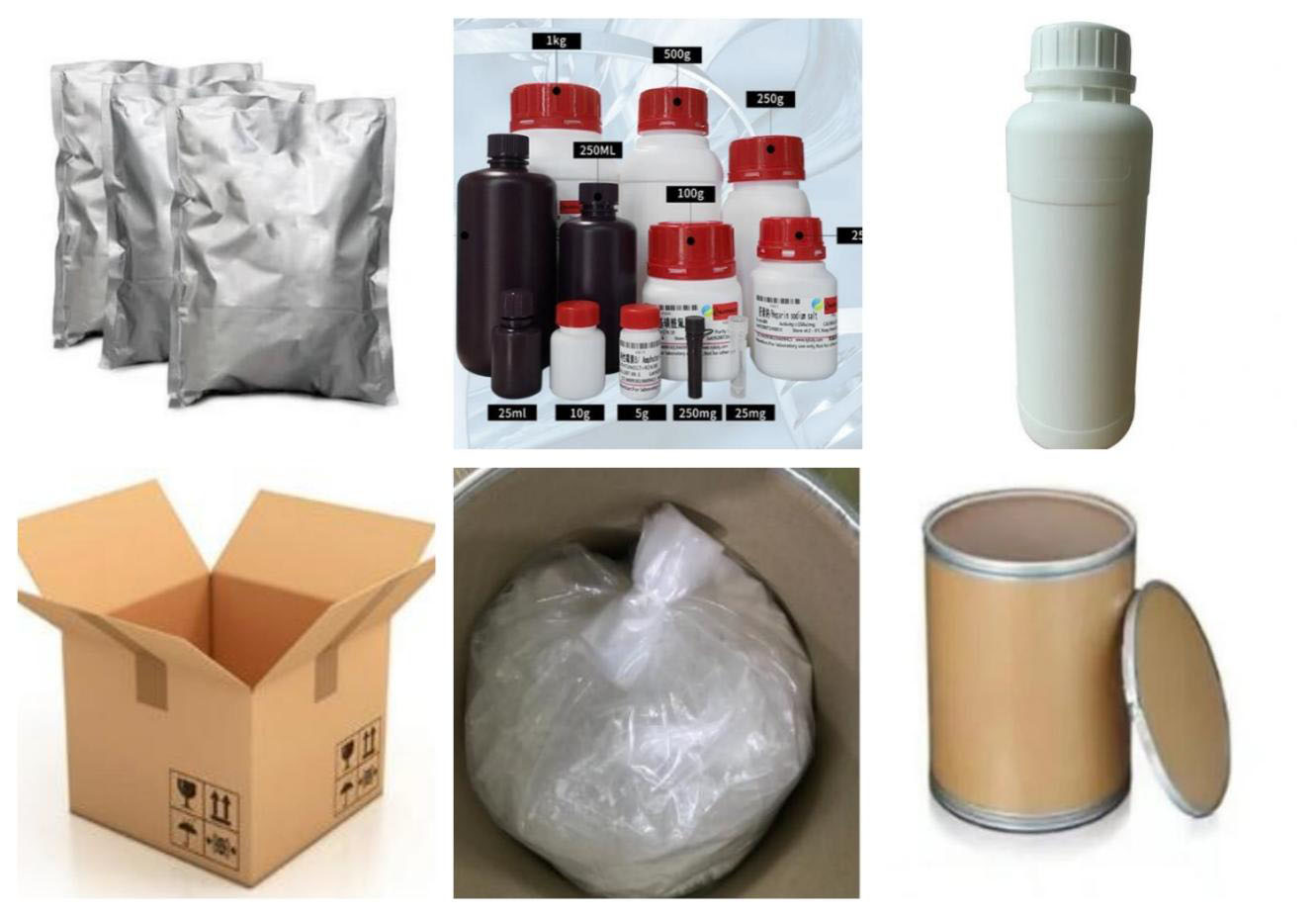Application and Effect
Measurement of acetylcholinesterase (AChE) activity: Acetylthiocholine iodide is commonly used as a substrate in enzyme assays to measure AChE activity. AChE is an enzyme that hydrolyzes acetylcholine, and by measuring its activity, researchers can evaluate cholinergic function and the effects of drugs, toxins, or diseases on AChE. Diagnostic tool in neurodegenerative disorders: AChE dysfunction is observed in several neurodegenerative diseases, including Alzheimer's disease. The measurement of AChE activity using acetylthiocholine iodide can help in diagnosing and monitoring such disorders. Toxicology studies: Acetylthiocholine iodide is also utilized in toxicology studies to assess the effects of chemicals or toxins on AChE activity. Certain chemicals, such as organophosphate and carbamate insecticides, can inhibit AChE activity, leading to toxic effects. Acetylthiocholine iodide can provide insights into the toxicity and mechanisms of action of these compounds. Screening for AChE inhibitors: Acetylthiocholine iodide is used in drug discovery and development to screen and identify potential AChE inhibitors. Inhibitors of AChE can be potentially useful in the treatment of various conditions, including Alzheimer's disease. Development of biosensors: Acetylthiocholine iodide, along with AChE, is used in the development of biosensors for acetylcholine detection. These biosensors find applications in areas such as environmental monitoring and clinical diagnostics.Product Packing:

Additional Information:
| Composition | C7H16INOS |
| Assay | 99% |
| Appearance | White powder |
| CAS No. | 1866-15-5 |
| Packing | Small and bulk |
| Shelf Life | 2 years |
| Storage | Store in cool and dry area |
| Certification | ISO. |
